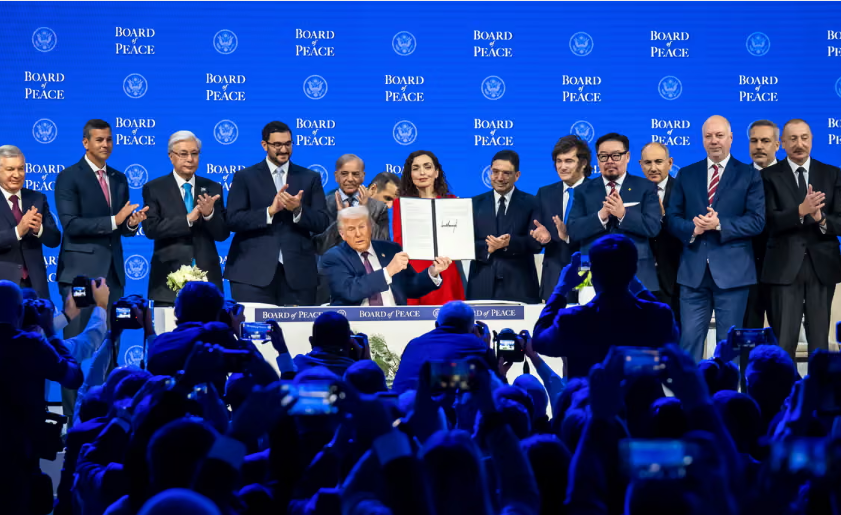UN’s Michelle Bachelet Lands In China, Urged To Address Gross Rights Violation In Xinjiang
As a United Nations top official landed in China, a leading rights group has asked it to take complete advantage of the opportunity and address gross human rights violations happening in Xinjiang. Amnesty International’s Secretary General Agnes Callamard, on Monday, asserted that the visit of United Nations High Commissioner of Human Rights Michelle Bachelet along with her team would be a challenge against the Xi Jinping administration which will try to cover up “the truth”. “The UN must take steps to mitigate against this and resist being used to support blatant propaganda,” he said.
Bachelet, along with her team, landed in China on Monday. The officials are poised to spend six days in different parts of the country, including the controversial Xinjiang Autonomous region where Amnesty has recorded systematic arbitrary imprisonment, torture and persecution of Uyghurs, Kazakhs ad other predominantly ethnic minorities.
Callamard said, “Lasting six days, this visit will only be able to scratch the surface of addressing crimes against humanity in Xinjiang. But at the very least Bachelet’s visit must focus on the victims of China’s crackdown: the Uyghurs and other Muslims who have been targeted and the many families overseas who are tormented by not knowing where their relatives are held and how to pursue justice, truth and reparation.”
Bachelet began her six-day visit in the southern city of Guangzhou and will travel to the Xinjiang cities of Kashgar, once a stop on the Silk Road, and Urumqi, the region’s capital. Details have been tightly held and China’s Communist Party-controlled media have not reported on her visit. The Chinese Foreign Ministry also confirmed that no journalist would travel along with Bachelet.
People in Xinjiang are tortured for no reason: Report
Earlier this month, a report by a panel of London-based lawyers and human rights experts said that many of those detained in Xinjiang were “tortured for no reason”. The torture methods included “pulling off fingernails; beating with sticks; detaining in ‘tiger chairs’ where feet and hands were locked in position for hours or days without break; confined in containers up to the neck in cold water and detained in cages so small that standing or lying was impossible.” In the addendum, instances of rapes, deliberate starvation, solitary confinement, and sleep deprivation were also cited.
(Image: AP)













